This article was co-authored by Erica Docimo, L.Ac., Dipl. O.M.. Erica Docimo is a California and National Certification Commission for Acupuncture and Oriental Medicine (NCCAOM) Licensed Acupuncturist, Herbalist, and the Owner of Mind and Body Acupuncture, a holistic healthcare and lifestyle studio based in Los Angeles, California. With over 15 years of experience, she specializes in Acupuncture, Herbal Prescriptions, and Eastern and Western Nutrition. Erica holds a Masters of Chinese Medicine from The Emperor’s College with a focus on Women’s Health. She also received training at The Academy of Orthopedic Acupuncture (AOA) to become certified in pain reflex-release technique and manual nerve blocking.
wikiHow marks an article as reader-approved once it receives enough positive feedback. This article received 13 testimonials and 82% of readers who voted found it helpful, earning it our reader-approved status.
This article has been viewed 380,865 times.
Tinctures are concentrated herbal extracts that are made using alcohol and chopped herbs. The tincture is especially effective in drawing out the essential compounds of plants, especially those that are fibrous or woody, and from roots and resins.[1] Since this method ensures that the herbs and their nutrients can be preserved for a long time, it is often mentioned in herbal books and remedies as a preferred way of using herbs.
Steps
Preparing the Tincture
-
1Purchase quality alcohol. Alcohol is used as the base for tinctures.[2] The preferred type of alcohol for producing a tincture is vodka.[3] This is owing to its being colorless, odorless, and fairly flavorless. If you cannot obtain vodka, brandy, rum, or whiskey can be substituted. Whatever alcohol is chosen, it must be 80 proof (namely, 40% alcohol) to prevent mildewing of the plant material in the bottle.
- It is also possible to make a tincture from quality apple cider vinegar or glycerin.[4] The alternatives may work better where the patient refuses alcohol.
-
2Use a suitable container. The container for the tincture should be glass or ceramic. Avoid using metallic or plastic containers because these can react with the tincture or leach dangerous chemicals over time. Items such as a Mason jar, a glass bottle with an attached stopper, etc., are ideal for steeping a tincture. In addition, you will need to get some small dark glass tincture bottles for storing the tincture in once it has been made; these bottles should have a tight screw-on or tight clip-on lid to prevent air intrusion during storage but to allow for ease of use. Ensure that all containers are both washed clean and sterilized prior to use.Advertisement
-
3Prepare the tincture. You can prepare a tincture by measurement or by sight; it really depends on your level of comfort with simply adding herbs and judging by eye, or whether you feel more comfortable adding them by measured weight. Also, you should know whether you want to add fresh, powdered, or dried herbs to the tincture.[5] Some suggestions for adding the herbs in the order of fresh, powdered, or dried are as follows:
-
4Using a butter knife, stir around the edge of the glass container to ensure that air bubbles are broken.
-
5Seal the container. Place it into a cool, dark area; a cupboard shelf works best. The container should be stored there for 8 days to a month.[8]
- Shake the container regularly. Humbart Santillo recommends shaking it twice a day for 14 days,[9] while James Wong recommends shaking it occasionally.[10]
- Be sure to label the steeping tincture so that you know what it is and the date on which it was made. Keep it out of the reach of children and pets.
Storing the Tincture
-
1Strain the tincture. Once the steeping time is finished (either the tincture instructions you're following will inform you of this or you'll know already from experience but if not, about two weeks is a good steeping time), strain the tincture as follows:
- Place a muslin cloth across a sieve. Place a large bowl underneath to catch the strained liquid.
- Gently pour the steeped liquid through the muslin-lined sieve. The muslin will capture the plant material and the liquid will pass through into the bowl underneath.
- Press the herb material with a wooden or bamboo spoon to squeeze out some more liquid, and lastly, twist the muslin to extract any leftover liquid from the herbs.
-
2Decant the liquid into a prepared tincture bottle. Use a small funnel for this step if you don't have a steady hand. Tighten the lid and date and label the tincture.
- If you're storing this for long-term without using until later, consider sealing the caps with wax.[11]
-
3Store and use. A tincture can have a shelf life of up to 5 years owing to the fact that alcohol is a preservative.[12] However, know the properties of the particular herbs you've used, and follow the guidance of the recipe from which you're making the tincture in terms of how long to keep the tincture for.[13]
- Follow the instructions relevant to your tincture for usage; consult a qualified, reputable herbalist or a health professional if you need more information and bear in mind that herbal treatments can be dangerous if you don't know the properties of the herb and its consequences.
Expert Q&A
-
QuestionWhat herbs make good tinctures?
 Erica Docimo, L.Ac., Dipl. O.M.Erica Docimo is a California and National Certification Commission for Acupuncture and Oriental Medicine (NCCAOM) Licensed Acupuncturist, Herbalist, and the Owner of Mind and Body Acupuncture, a holistic healthcare and lifestyle studio based in Los Angeles, California. With over 15 years of experience, she specializes in Acupuncture, Herbal Prescriptions, and Eastern and Western Nutrition. Erica holds a Masters of Chinese Medicine from The Emperor’s College with a focus on Women’s Health. She also received training at The Academy of Orthopedic Acupuncture (AOA) to become certified in pain reflex-release technique and manual nerve blocking.
Erica Docimo, L.Ac., Dipl. O.M.Erica Docimo is a California and National Certification Commission for Acupuncture and Oriental Medicine (NCCAOM) Licensed Acupuncturist, Herbalist, and the Owner of Mind and Body Acupuncture, a holistic healthcare and lifestyle studio based in Los Angeles, California. With over 15 years of experience, she specializes in Acupuncture, Herbal Prescriptions, and Eastern and Western Nutrition. Erica holds a Masters of Chinese Medicine from The Emperor’s College with a focus on Women’s Health. She also received training at The Academy of Orthopedic Acupuncture (AOA) to become certified in pain reflex-release technique and manual nerve blocking.
Licensed Acupuncturist & Herbalist That's not an easy thing to answer, as you should always choose your ingredients based on the effect you’re looking to achieve, perhaps an immune boost, liver support, or simply flavor - as with cocktail bitters.
That's not an easy thing to answer, as you should always choose your ingredients based on the effect you’re looking to achieve, perhaps an immune boost, liver support, or simply flavor - as with cocktail bitters. -
QuestionCan you make a tincture with water?
 Erica Docimo, L.Ac., Dipl. O.M.Erica Docimo is a California and National Certification Commission for Acupuncture and Oriental Medicine (NCCAOM) Licensed Acupuncturist, Herbalist, and the Owner of Mind and Body Acupuncture, a holistic healthcare and lifestyle studio based in Los Angeles, California. With over 15 years of experience, she specializes in Acupuncture, Herbal Prescriptions, and Eastern and Western Nutrition. Erica holds a Masters of Chinese Medicine from The Emperor’s College with a focus on Women’s Health. She also received training at The Academy of Orthopedic Acupuncture (AOA) to become certified in pain reflex-release technique and manual nerve blocking.
Erica Docimo, L.Ac., Dipl. O.M.Erica Docimo is a California and National Certification Commission for Acupuncture and Oriental Medicine (NCCAOM) Licensed Acupuncturist, Herbalist, and the Owner of Mind and Body Acupuncture, a holistic healthcare and lifestyle studio based in Los Angeles, California. With over 15 years of experience, she specializes in Acupuncture, Herbal Prescriptions, and Eastern and Western Nutrition. Erica holds a Masters of Chinese Medicine from The Emperor’s College with a focus on Women’s Health. She also received training at The Academy of Orthopedic Acupuncture (AOA) to become certified in pain reflex-release technique and manual nerve blocking.
Licensed Acupuncturist & Herbalist Well, not in the traditional sense. Tinctures are a type of concentrated herbal extract that specifically use alcohol as the base, as opposed to vinegar, glycerine, or water.
Well, not in the traditional sense. Tinctures are a type of concentrated herbal extract that specifically use alcohol as the base, as opposed to vinegar, glycerine, or water. -
QuestionWill a higher alcohol content make a better tincture?
 Zora Degrandpre, NDDr. Zora Degrandpre is a Natural Health Doctor and Licensed Naturopathic Physician in Vancouver, Washington. She is a grant reviewer for the National Institutes of Health and the National Center for Complementary and Alternative Medicine. She received her ND from the National College of Natural Medicine in 2007.
Zora Degrandpre, NDDr. Zora Degrandpre is a Natural Health Doctor and Licensed Naturopathic Physician in Vancouver, Washington. She is a grant reviewer for the National Institutes of Health and the National Center for Complementary and Alternative Medicine. She received her ND from the National College of Natural Medicine in 2007.
Natural Health Doctor In general, a higher alcohol content will make a better tincture. In my experience, most herbalists will use Everclear.
In general, a higher alcohol content will make a better tincture. In my experience, most herbalists will use Everclear.
Warnings
- High concentrations (about 40+%) are flammable so watch out if you are working near heat, or especially open flames.⧼thumbs_response⧽
- Some herbal remedies that are fine for the general population can be harmful for specific members of the population, such as infants, children, pregnant and breastfeeding women, and persons with lowered immune systems or allergies. Know the properties of the herbs and the possible complications of the patient!⧼thumbs_response⧽
- Keep out of the reach of children and pets.⧼thumbs_response⧽
- For dosing information consult the "Physician's Desk Reference for Herbal Medicines" or a reputable herbalist book. Again, if you don't know, consult your doctor or a qualified health professional before using.⧼thumbs_response⧽
- Always consult your doctor or a qualified health professional before using any herbal treatment. If you don't know what you're doing, then don't do it; get expert advice.⧼thumbs_response⧽
Things You'll Need
- Mason jar(s) or other wide mouth jar with lid
- Unbleached muslin cloth
- Label / marker
- At least 80 proof vodka or other suitable alcohol
- Fresh or dried herb product, powdered or cut and sifted
References
- ↑ James Wong, Grow Your Own Drugs, p. 34, (2009), ISBN 978-1-60652-119-9
- ↑ Erica Docimo, L.Ac., Dipl. O.M.. Licensed Acupuncturist & Herbalist. Expert Interview. 5 October 2021.
- ↑ James Wong, Grow Your Own Drugs, p. 34, (2009), ISBN 978-1-60652-119-9
- ↑ Humbart Santillo, Natural Healing with Herbs, p. 39, (1987), ISBN 0-934252-08-4
- ↑ Erica Docimo, L.Ac., Dipl. O.M.. Licensed Acupuncturist & Herbalist. Expert Interview. 5 October 2021.
- ↑ James Wong, Grow Your Own Drugs, p. 34, (2009), ISBN 978-1-60652-119-9
- ↑ Humbart Santillo, Natural Healing with Herbs, p. 39, (1987), ISBN 0-934252-08-4
- ↑ James Wong, Grow Your Own Drugs, p. 34, (2009), ISBN 978-1-60652-119-9
- ↑ Humbart Santillo, Natural Healing with Herbs, p. 39, (1987), ISBN 0-934252-08-4
- ↑ James Wong, Grow Your Own Drugs, p. 34, (2009), ISBN 978-1-60652-119-9
- ↑ Humbart Santillo, Natural Healing with Herbs, p. 39, (1987), ISBN 0-934252-08-4
- ↑ James Wong, Grow Your Own Drugs, p. 34, (2009), ISBN 978-1-60652-119-9
- ↑ Erica Docimo, L.Ac., Dipl. O.M.. Licensed Acupuncturist & Herbalist. Expert Interview. 5 October 2021.
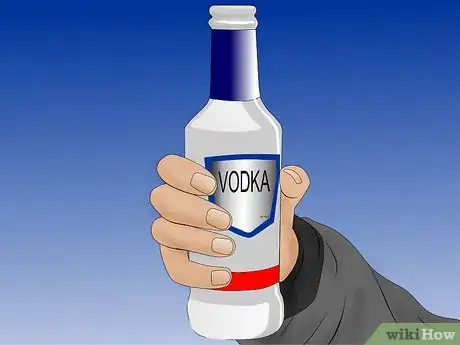

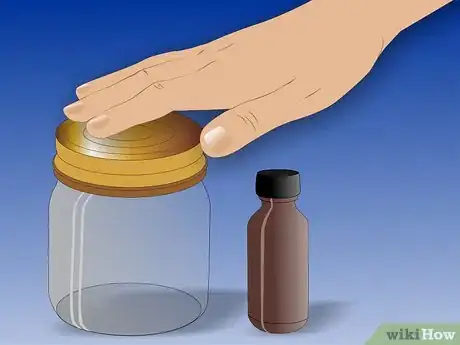
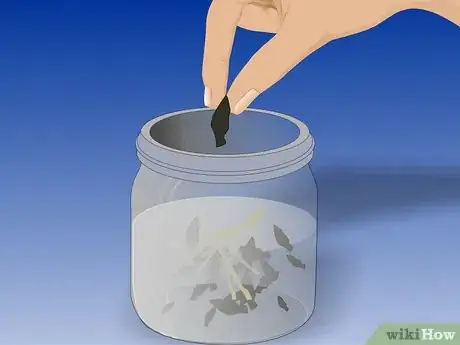
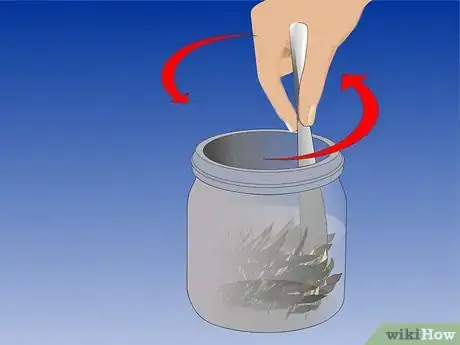
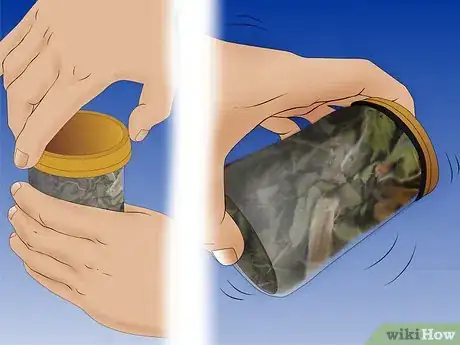
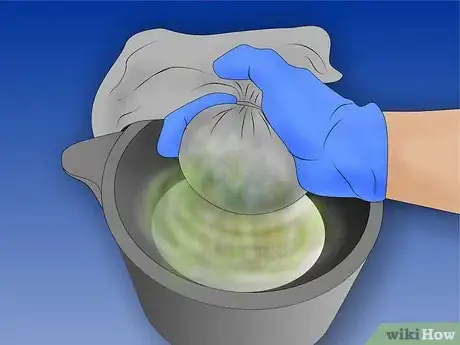
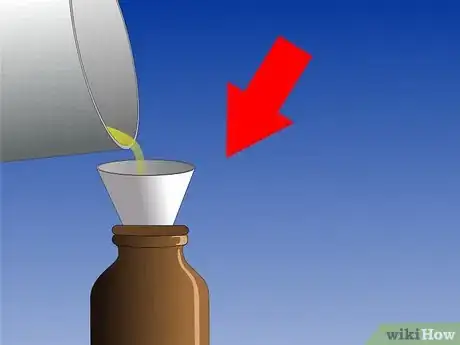
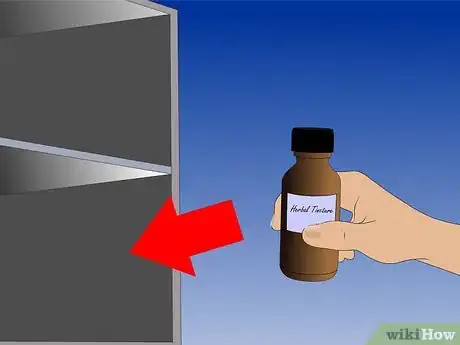
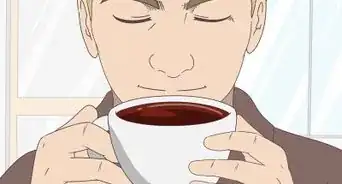



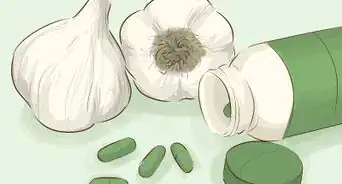
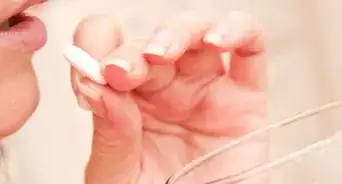
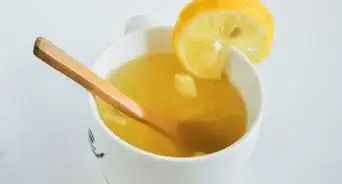

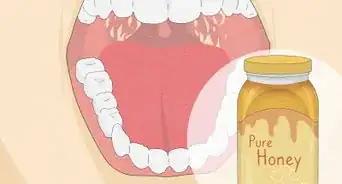
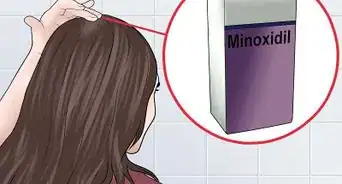
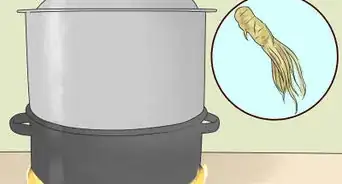











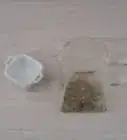





































Medical Disclaimer
The content of this article is not intended to be a substitute for professional medical advice, examination, diagnosis, or treatment. You should always contact your doctor or other qualified healthcare professional before starting, changing, or stopping any kind of health treatment.
Read More...